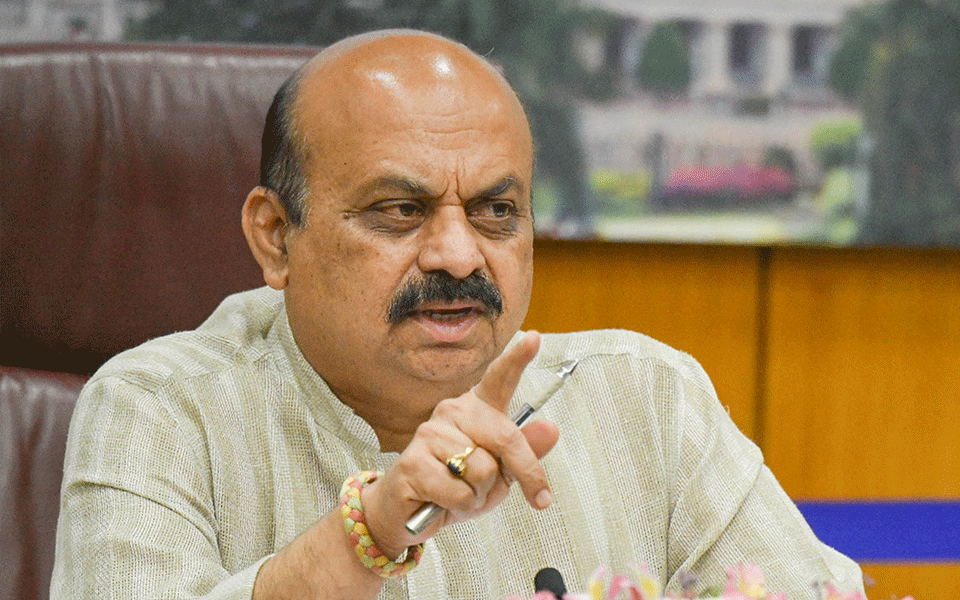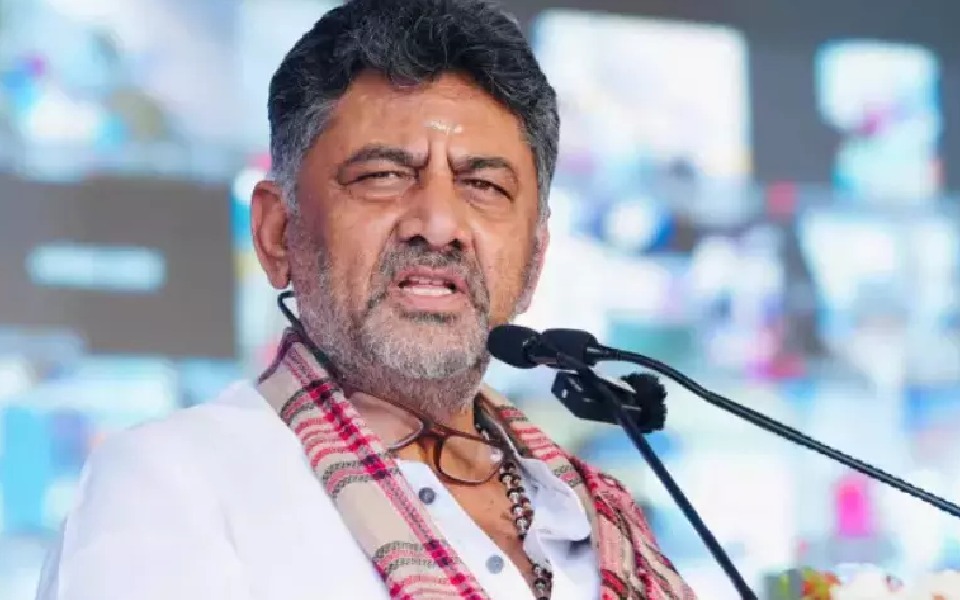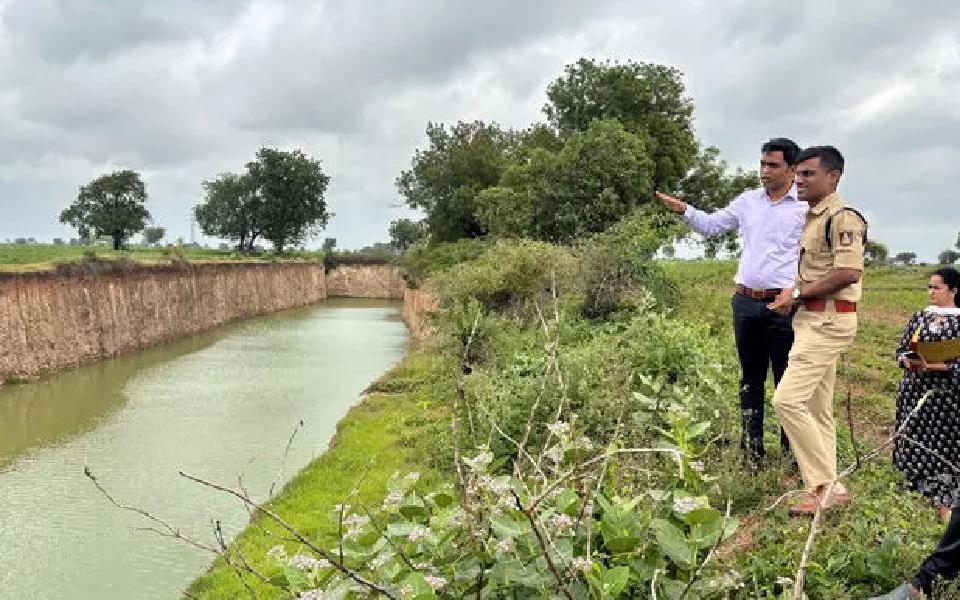Bengaluru(PTI): Karnataka Chief Minister Basavaraj Bommai on Friday said Prime Minister Narendra Modi's decision to repeal the three contentious farm laws showed his sensitivity.
Rejecting the claim that the government bowed to the year-long protest, Bommai said that the three laws were part of the liberalisation and globalisation process started in 1991-92 and were in line with the previous United Progressive Alliance (UPA) government's agreement with the World Trade Organisation (WTO).
"It is not a question of bowing. This process of liberalisation and globalisation started in 1991-'92. As part of it, various laws were to be formulated. Further, the UPA government had signed an agreement with the WTO. Agriculture Reforms and the Agriculture Marketing Reforms were also part of it," Bommai claimed.
According to him, the draft bill was pending during the UPA government and a decision was taken after bringing certain changes and taking consensus of all the states to give proper returns to the farmers.
"However, the farmers of Punjab, Haryana and other states insisted for a regulated market system and held protests for one year," Bommai said.
He also said that Modi tried to convince the farmer leaders but they did not agree.
"The Prime Minister has announced withdrawing all the three laws in the upcoming parliament session. It is a sensitive government. We have responded to the farmers' demand," Bommai said.
He denied that the decision to repeal the three laws had anything to do with the forthcoming elections in five states.
"We had won by-elections even in the midst of protests. The decision has no connection with the election in five states. The Prime Minister felt that some more discussions were necessary and accordingly, the government felt that withdrawing the farm laws will build confidence among people," Bommai explained.
Former Chief Minister B S Yediyurappa too welcomed Prime Minister's decision to repeal the three laws.
"The Prime Minister has announced withdrawing the three laws. The farmers were agitating against them. On behalf of the farmers of the country, I congratulate him," Yediyurappa told reporters.
On the occasion of 552nd Prakash Parva or the birth anniversary of the first Sikh Guru Nanak Dev on Friday, Modi announced repealing the three contentious laws.
Most of the agitators were holding protests around Delhi and other parts of North India for over a year demanding that the government withdraw the three laws saying they were anti-farmer.
These laws are: The Farmers' Produce Trade and Commerce (Promotion and Facilitation) Act, The Farmers (Empowerment and Protection) Agreement of Price Assurance and Farm Services Act, and The Essential Commodities (Amendment) Act.
Let the Truth be known. If you read VB and like VB, please be a VB Supporter and Help us deliver the Truth to one and all.
Mumbai, Jul 25 (PTI): Police have opposed the bail plea of the Bangladeshi national arrested for allegedly stabbing Bollywood actor Saif Ali Khan with a knife and injuring him at his home here in January this year, telling a Mumbai court there was "strong evidence" against the accused.
Citing a Forensic Science Laboratory report, police reiterated before the sessions court their earlier claim knife fragments that got lodged near the actor's spine during the attack as well as a part found at the crime spot have matched with the weapon recovered from the accused, Shariful Islam.
These three pieces were part of the same weapon (knife) used to attack the filmstar, the police said in a written response to the accused's plea submitted in the court on Thursday (July 24).
Khan was repeatedly stabbed with a knife by an intruder inside his 12th floor apartment in upscale Bandra on January 16 during a robbery attempt.
The 54-year-old actor underwent surgery at Lilavati Hospital to remove a piece of knife that got lodged near his spine during the attack. He was discharged from the private hospital after five days.
Shariful Islam, a Bangladeshi national, was arrested two days later for allegedly stabbing Khan.
The police, in their response, highlighted that the accused is a Bangladeshi citizen residing illegally in India.
If granted bail, there was a possibility that he may flee India and not appear before the court during the trial. The crime committed by the accused is of a "very serious nature, and strong evidence" is available against him, they argued.
In his bail plea, filed through advocate Vipul Dushing, the accused asserted he was innocent and had no prior criminal record.
Investigation into the case has practically concluded with only the filing of a chargesheet pending, the accused contended while seeking bail.
The alleged attacker has been booked under Bharatiya Nyaya Sanhita (BNS) sections related to house trespass, robbery and dacoity with attempt to cause death or grievous injury.





